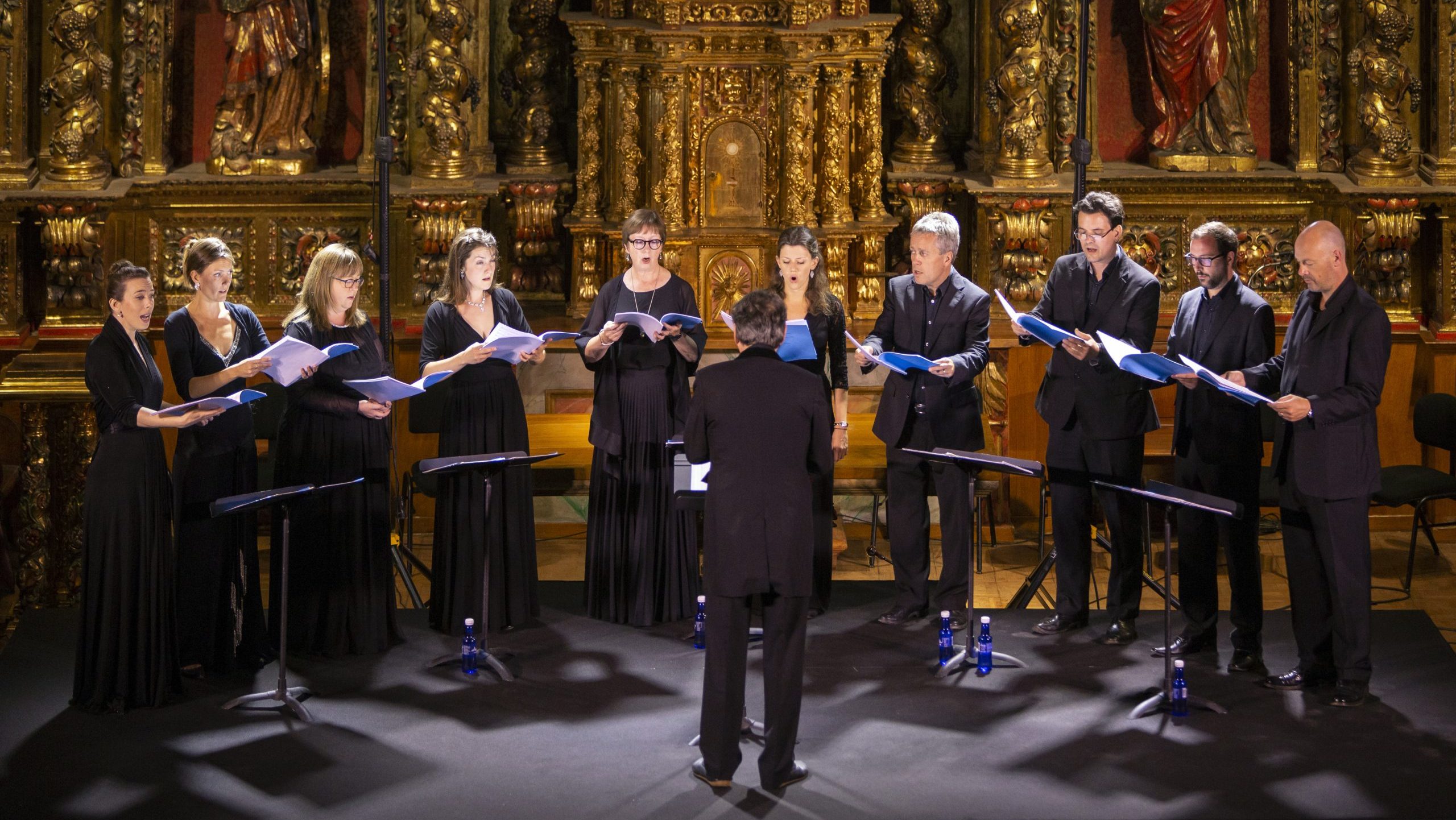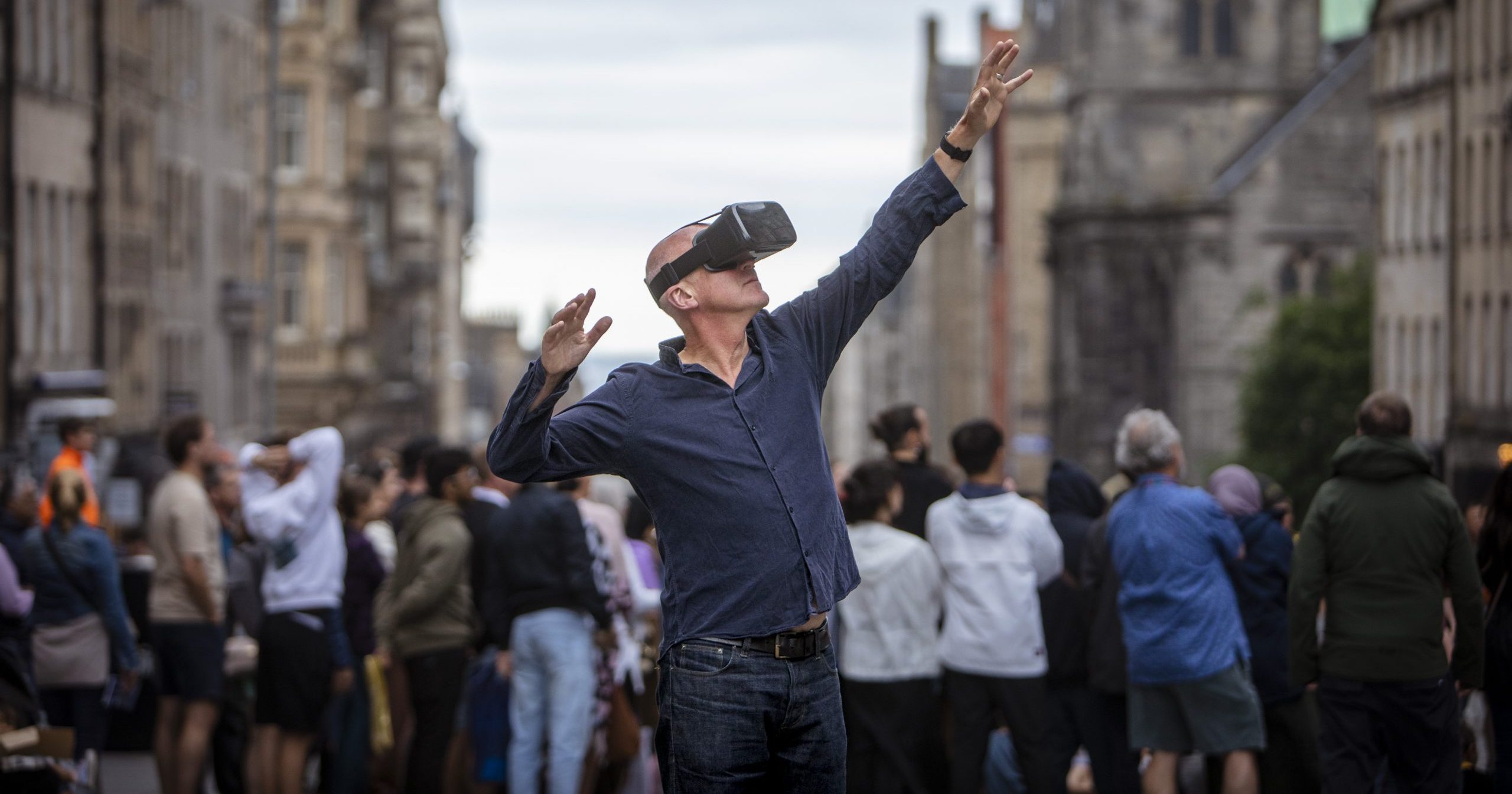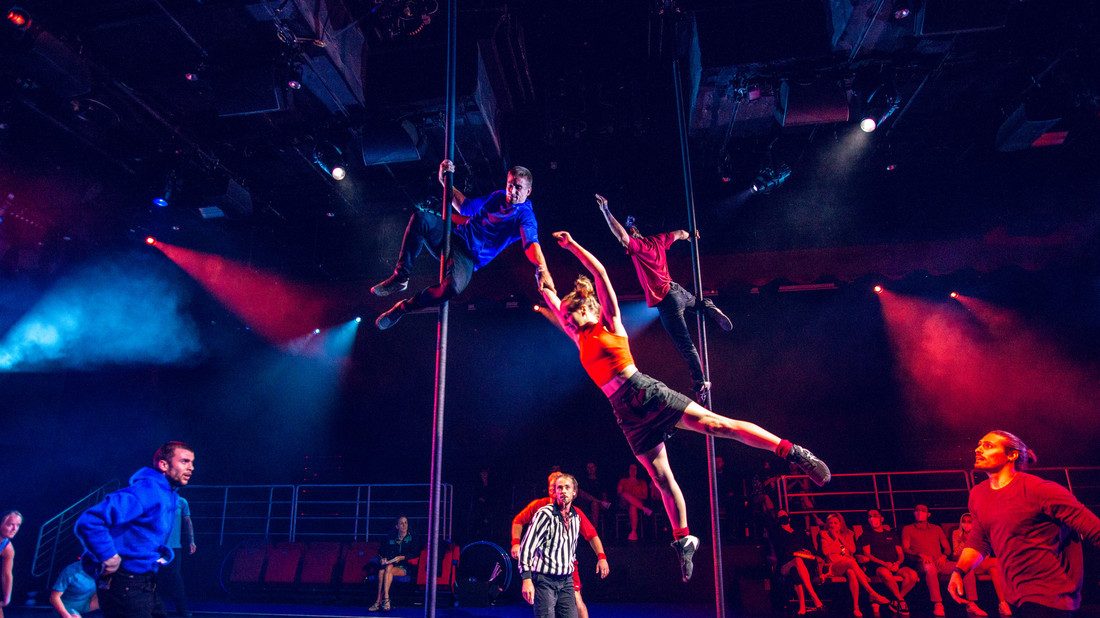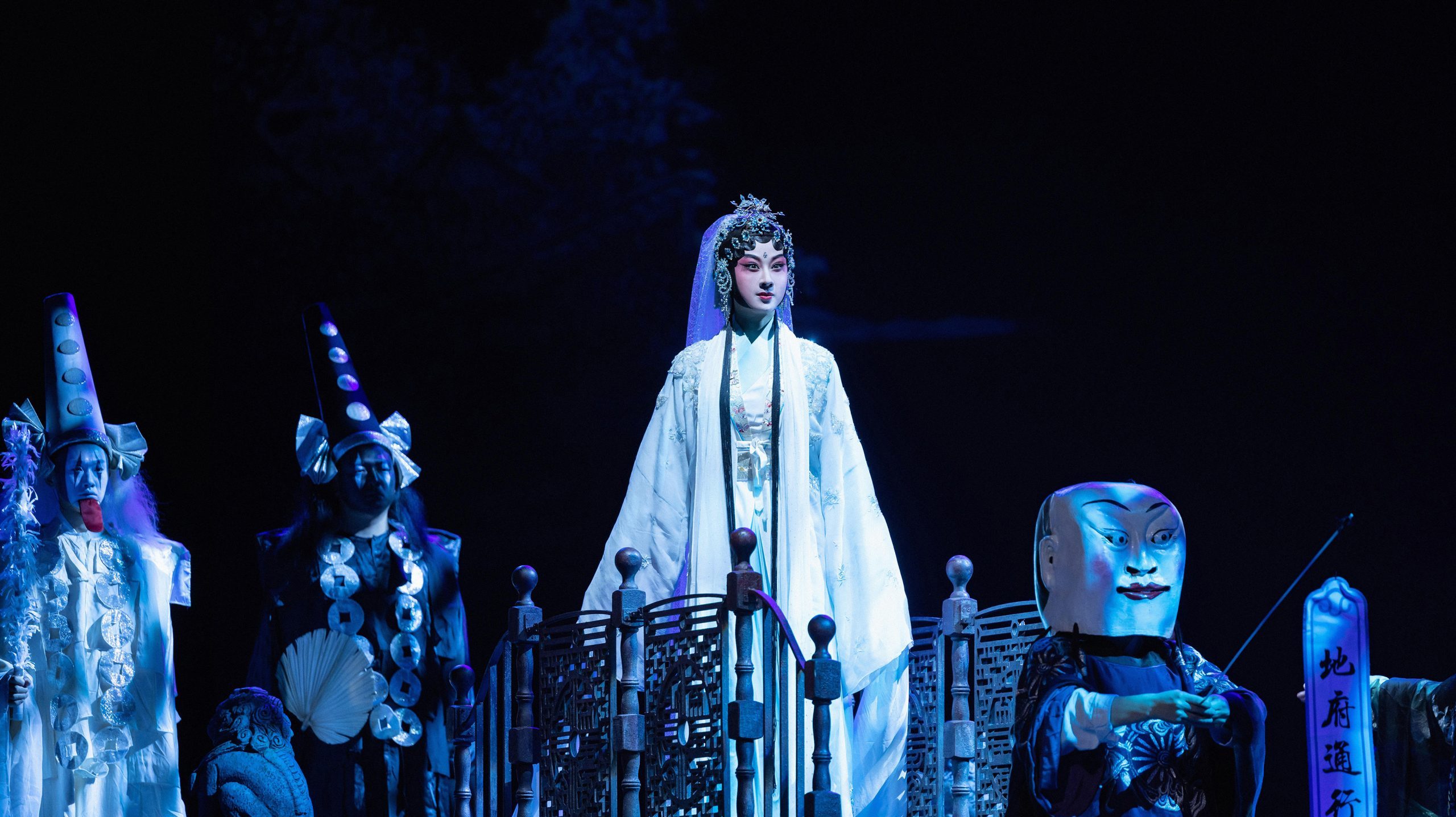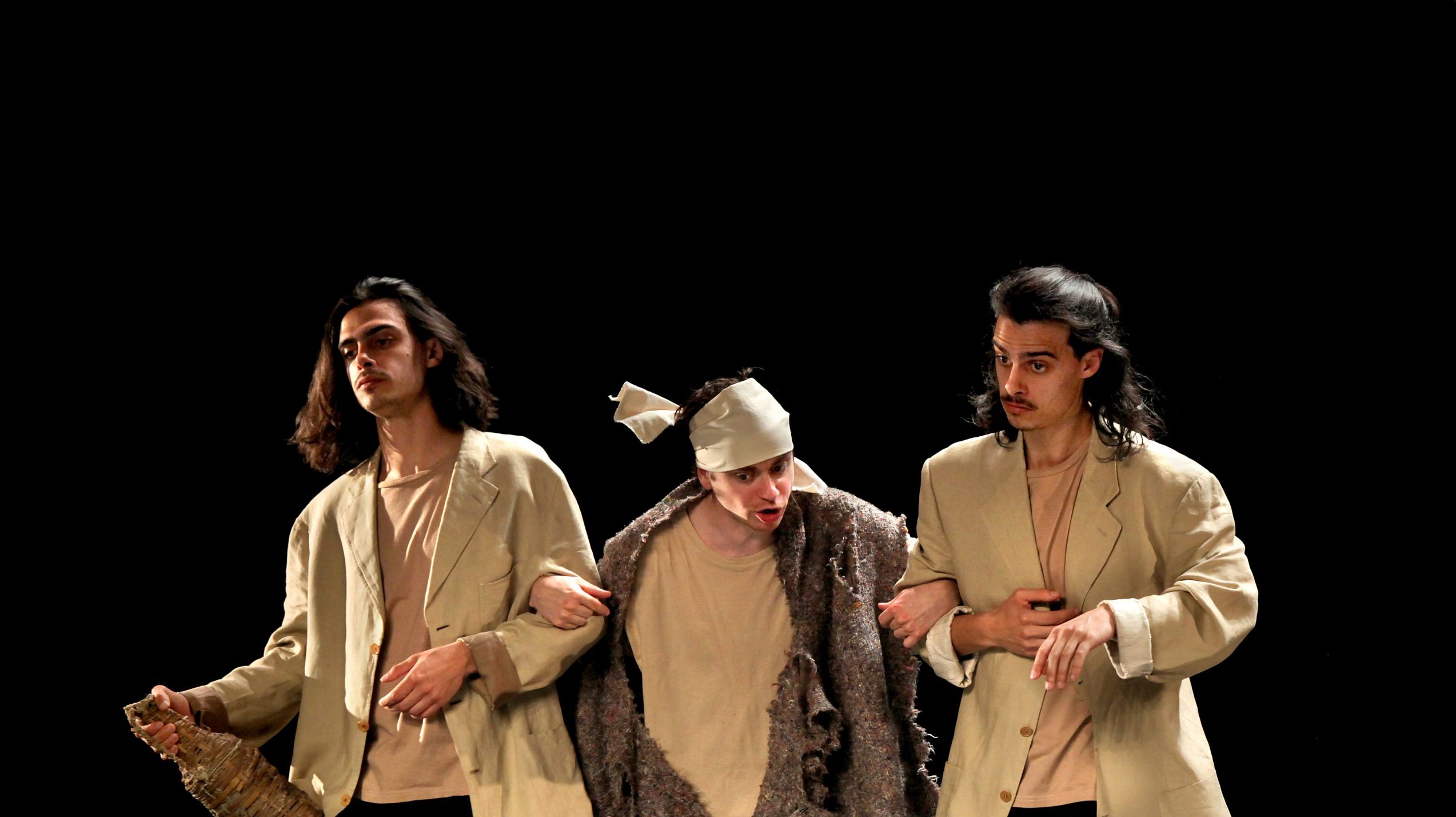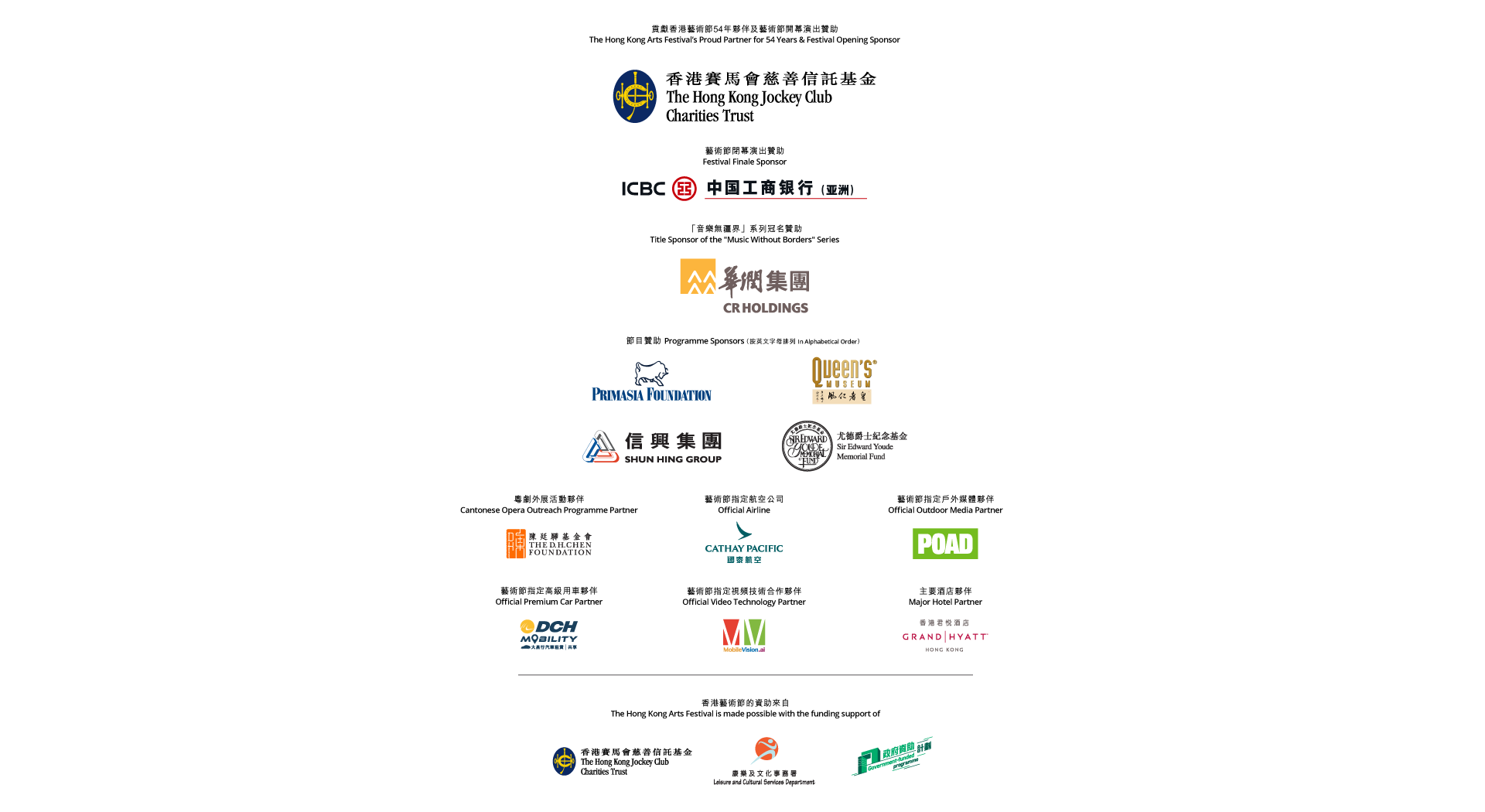Founded by Chinese opera actor Wu Hsing-kuo from Taiwan, Contemporary Legend Theatre started out performing Shakespeare's plays and gained instant fame in 1986 with The Kingdom of Desire (adapted from Macbeth). For 40 years, the company has been integrating tradition with innovation by presenting Western classics in the style of Chinese opera. And now, Wu is appearing in what could be his final performance, as he plans to focus on nurturing new talent in the future. And the fact that it's a version of Julius Caesar is testament to the impact Shakespeare has had on his artistic trajectory.
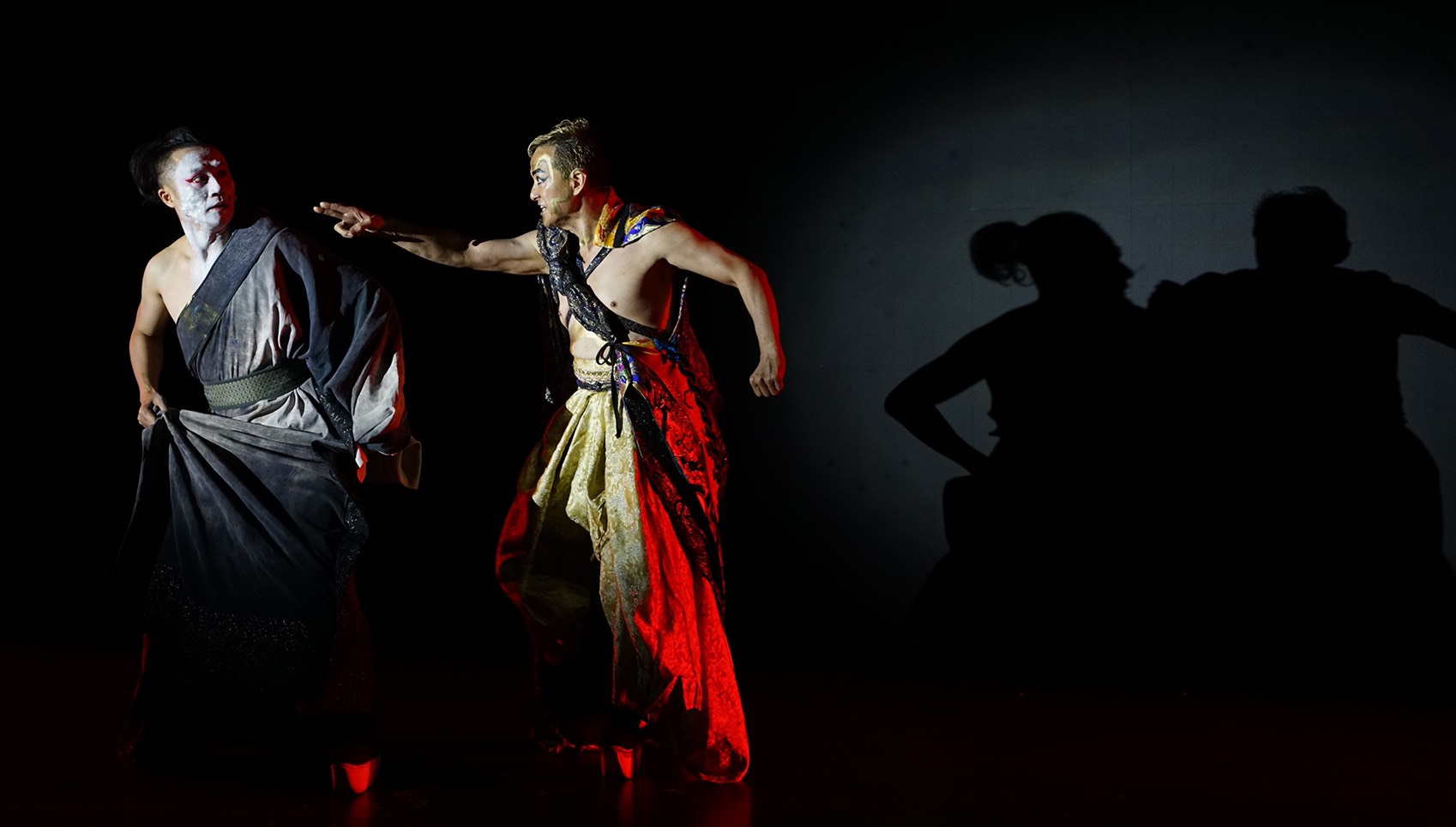
Shakespeare's Julius Caesar is a story of a war sparked by Brutus' assassination of Roman leader Caesar and ending with the fall of the Roman Republic. The audience is faced with the paradoxes and blurred lines between democracy and autocracy, but Shakespeare provides no clear answers and adds complexity to the plot by using multifaceted characters. Although Julius Caesar is rarely performed in Chinese theatres, Wu believes that it provides questions and metaphors worth thinking about in these post-pandemic times. COVID-19 brought everything to a halt, forcing us into isolation, but it also gave us an opportunity to reflect on our lives and even have a fresh start. Now that the pandemic has passed, many will find the questions posed by Shakespeare to be particularly relevant.
The statue of Caesar that appears throughout Shakespeare's play represents the former leader's living legacy, so one is created using stage design and projections, acting as a strong backdrop for the actors' performances. The use of such technology shows why Contemporary Legend Theatre is a considered a leader among traditional Chinese and even Asian theatre companies. But while Wu understands that the use of new technology is essential for Chinese opera to be considered contemporary art in the 21st century, he does not want this to overshadow the actors who put their hearts and souls into their performances. Still, he believes creators should become knowledgeable about the properties of arts tech, and "make the images your characters".
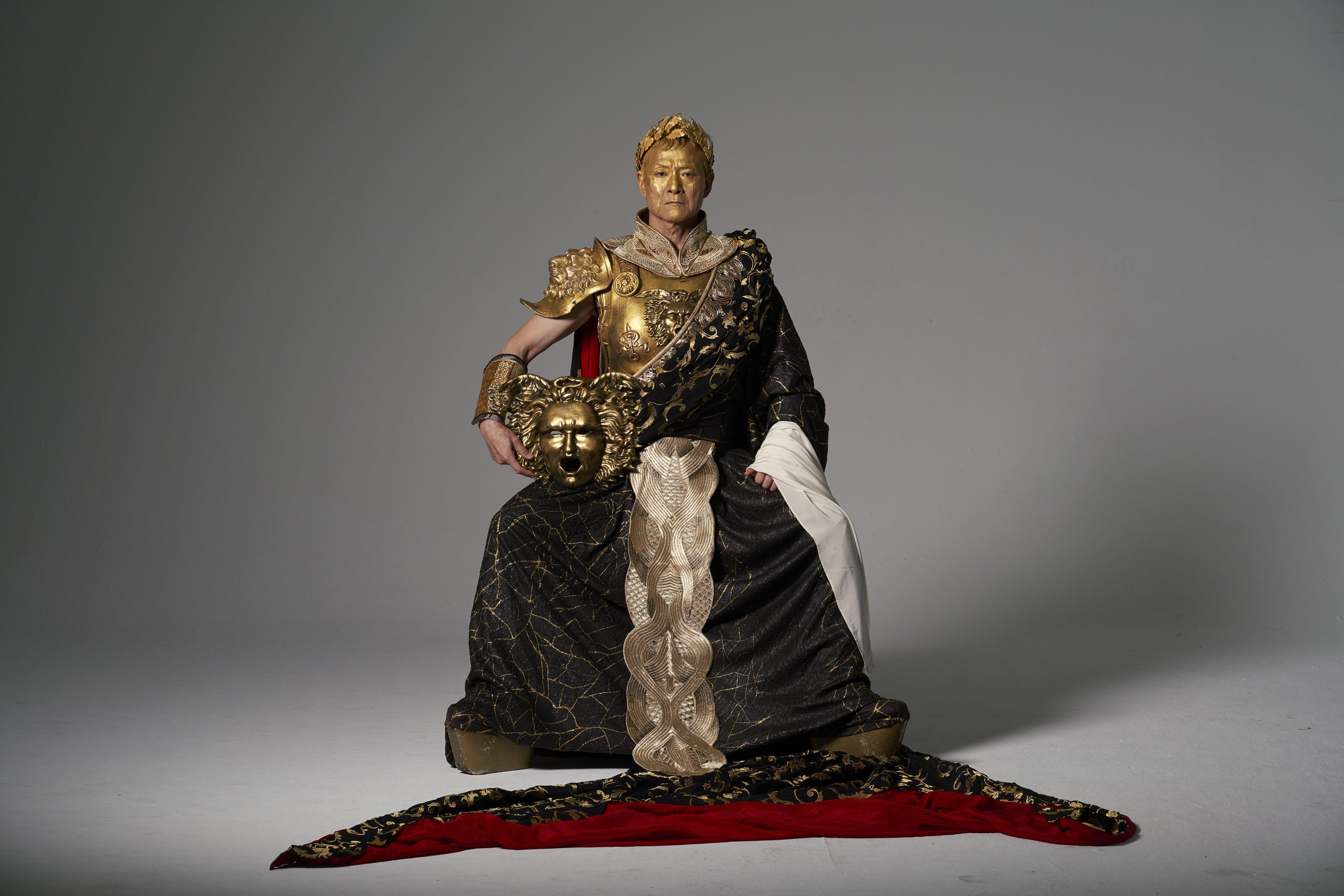
For this production, the spotlight is clearly on the collaboration between the leading figures of Chinese opera, Wu and Zhang Jun, but there's much more to this version of Julius Caesar. Wu says the music is the key to multidisciplinary projects such as this, and efforts have been made to ensure the Peking and kun opera music harmonises together, and that the melodies bring out the conflicts and struggles in the plot. The epic music created by composer Xu Shuya for Julius Caesar, together with the richness of Chinese opera music, helps paint a vivid and detailed portrait of the characters from all walks of life, whether they are from the grassroots or the ruling class. As Wu points out, this performance is more than a simple combination of Peking and kun opera, but an original musical showcasing the application of technology in the performing arts. Chinese opera has a history spanning thousands of years, and Wu and Contemporary Legend Theatre are showing that Chinese opera can change with the times and remain relevant as a contemporary art form even in the 21st century.
Contemporary Legend Theatre—Julius Caesar
Date: 22-24 Feb 2024
Venue: Lyric Theatre, HKAPA
Details:https://www.hk.artsfestival.org/en/programme/Julius_Caesar


